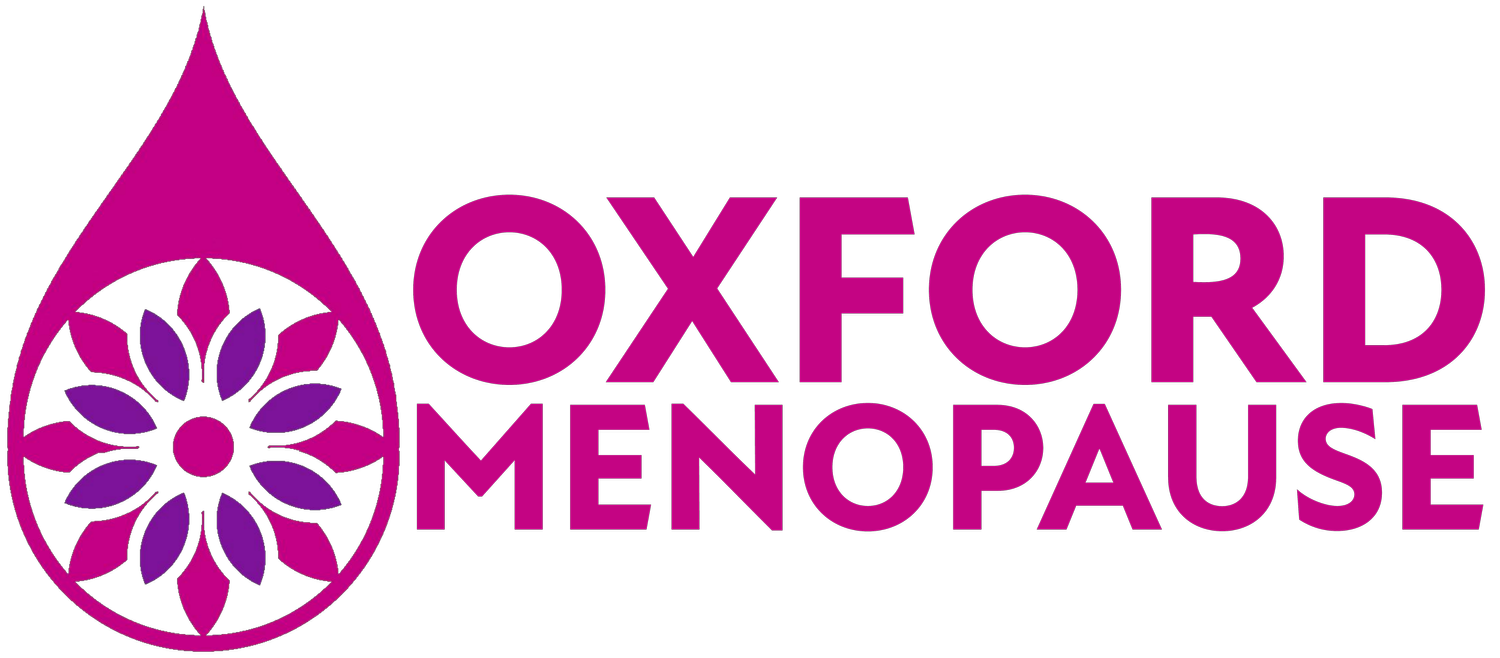Newsletter May 2021
Breast cancer and HRT
One of the most frequent anxieties about initiating or continuing HRT is the risk of breast cancer. Unfortunately, despite several excellent studies evaluating this risk, the media publicise the data in a way that deters many women from using HRT. Women should be allowed to explore their concerns about risk and information provided in a way that is easy to understand. This is all about ‘risk’, we choose in our day to day lives to increase our risk of many health problems, not just breast cancer but all cancers, cardiovascular disease, osteoporosis and many more through how we live our lives and it is important that women consider risks from their lifestyle as well as from HRT when deciding whether to start or continue HRT.
Some important things to consider…
– Breast cancer is the most commonly occurring female cancer in the UK.
– 1 in 8 women are diagnosed with breast cancer in their lifetime.
– Over 11,000 women die from breast cancer in the UK each year.
– However, eight in ten women diagnosed and treated for breast cancer today in the UK are predicted to survive their cancer for at least ten years.
– Coronary heart disease which leads to heart attacks kills twice as many women as breast cancer in the UK each year.
– HRT significantly reduces the risk of cardiovascular disease if HRT is started 10 years within the onset of menopause.
– In women with a low risk of breast cancer (most of the population), the benefits of HRT use for up to 5 years outweigh potential harm.
– Using HRT does not increase your mortality (risk of dying) from breast cancer.
– Even where the risk with HRT is increased, the total risk is small.
– Most women will NOT be diagnosed with breast cancer as a result of taking HRT.
The important thing to note when thinking about breast cancer risk and HRT is the type and duration of use of HRT, NOT the dose used.
Women who have undergone hysterectomy can use oestrogen on its own whereas women with a uterus must use progestogen alongside (as oestrogen on its own can lead to abnormal changes in the womb lining).
The other key fact to remember is that vaginal oestrogen (pessaries, creams, rings) does NOT impact breast cancer risk, at all.
Risk of breast cancer with HRT – Women using oestrogen only HRT (ie those who have had a hysterectomy) have little or no change in their breast cancer risk over 5 years.
– Women using oestrogen and progestogen have a risk that is dependent on the duration of HRT use.
– Continuous oestrogen and progestogen ‘no bleed HRT’ for 5 years after the age of 50
From 3 cases of breast cancer per 50 women (without HRT) to 4 cases
i.e. 1 extra case/50 women/5yrs
– Sequential oestrogen and progestogen ‘regular bleed’ HRT for 5 years after the age of 50
From 4 cases of breast cancer per 70 women (without HRT) to 5 case
i.e.1 extra case/70 women/5yrs
– But… Oestrogen with micronized ‘body identical’ progesterone does NOT increase breast cancer risk if this combination is used for up to 5 years, thereafter there is a small increase in risk. This combination of HRT is widely used as it is also extremely well tolerated.
However…
It is important to balance the risks of breast cancer related to HRT use with risks associated with choices we make about our lifestyle.
For example:
– Being overweight (BMI 25-29) increases the risk by 4 extra cases/1000 over 5 years
– Obesity (BMI >30) 10 extra cases per 1000 women over 5 years aged 50-59
– Drinking alcohol 4-6u/day, 8 extra cases per 1000 women over 5yrs, >6 units/day 11 extra cases per 1000 women over 5yrs
– Smoking 3 extra cases/1000 women/5yrs
How can I get help?
At Oxford Menopause, we ensure women have time during their consultation to discuss their individual risk factors for breast cancer and balance any potential small increased risk with HRT against other lifestyle factors when making a decision about HRT. If you would like more information or wish to discuss things in more detail with Dr Katie Barber, Menopause Specialist at Oxford Menopause please email enquiries@oxfordmenopause.com or call 07515 560870, or visit www.oxfordmenopause.com for more information..
